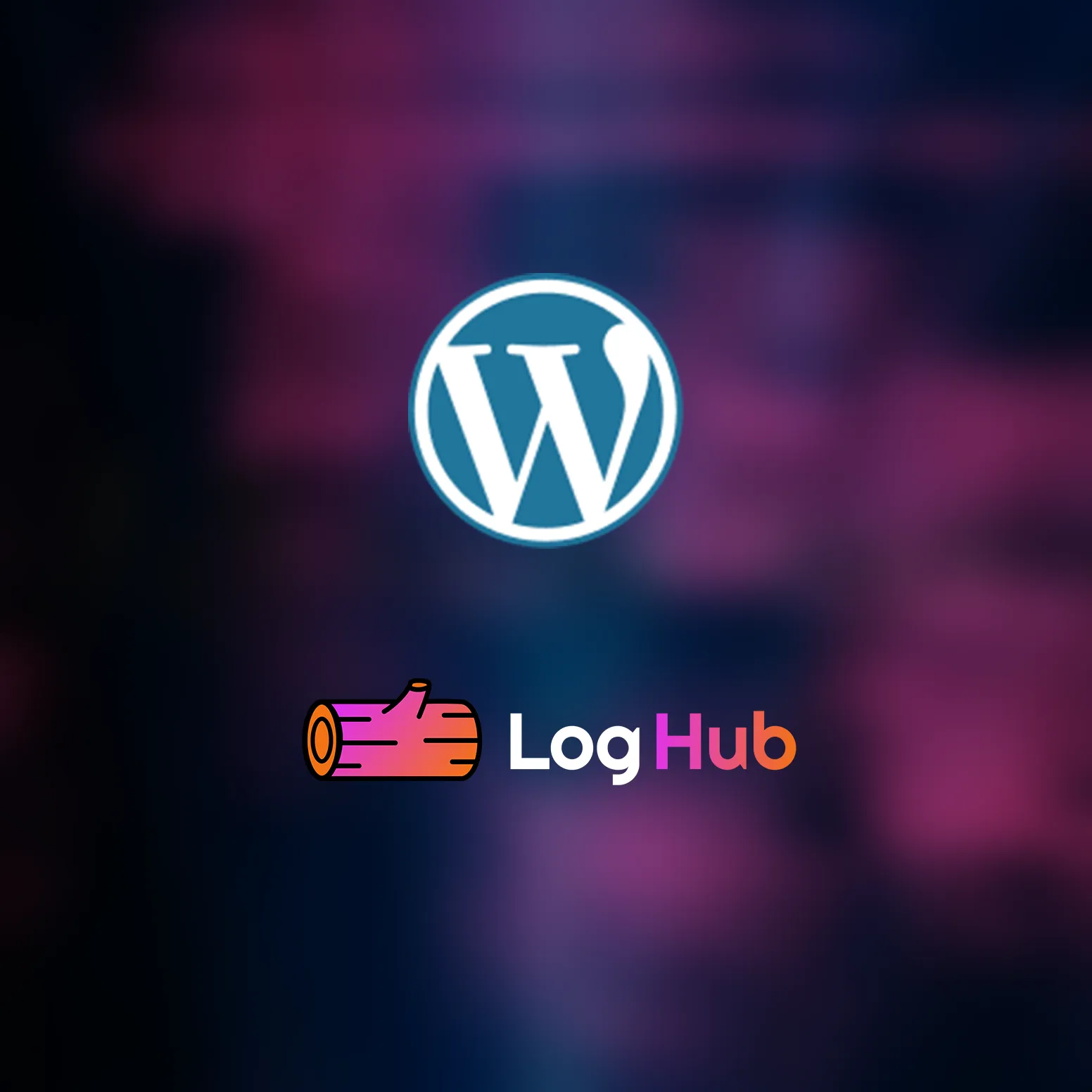WordPress cloud logging with LogHub, only log important events

Logging is an essential part of any web application, especially for WordPress sites. It allows you to monitor actions, troubleshoot issues, and maintain the health of your website. However, managing logs locally can be cumbersome and inefficient. That’s where LogHub cloud logging comes in—a powerful service that helps you streamline your logging process for WordPress applications.
What is LogHub cloud logging?
LogHub is a cloud-based logging solution designed to capture and store logs from various applications. It provides a user-friendly interface for monitoring events, setting up triggers, and analyzing log data. With LogHub, you can ensure that you have all the necessary information at your fingertips to maintain the optimal performance of your WordPress site.
Benefits of Using LogHub as cloud logging service for WordPress
- Centralized Logging: LogHub allows you to collect logs from multiple WordPress installations and projects in one place, making it easy to manage and analyze data.
- Real-Time Monitoring: With LogHub’s triggers, you can receive real-time notifications about critical events on your site, helping you stay proactive and responsive.
- Flexible Log Types: You can log various types of events (INFO, ERROR, WARNING) to help you categorize and prioritize issues effectively.
- No Coding Required: Setting up LogHub is straightforward—no coding is necessary. Just install the plugin and configure your settings through the WordPress admin panel.

Getting Started with LogHub in WordPress
- Sign Up for LogHub: Create an account on LogHub and set up a new project for your WordPress site.
- Install the LogHub Plugin: Download the LogHub plugin from the LogHub dashboard and upload it to your WordPress site via Plugins > Add New.
- Activate the Plugin: Once installed, activate the plugin and navigate to Settings > LogHub to configure your API key and logging settings.
Setting Up Log Types and Triggers
After installing the plugin, you can easily define the types of logs you want to capture. From the LogHub settings in the WordPress admin menu, you can:
- Select the actions you want to log, such as user logins, errors, or updates.
- Create triggers that notify you when specific events occur, allowing you to take immediate action when needed.
Integrating with Push Notifications
One of the standout features of LogHub is its ability to send push notifications via services like Pushover. This means you can receive real-time alerts directly on your mobile device whenever a significant event happens on your WordPress site. To set this up:
- Define the events you want to track in the LogHub settings.
- Set up your Pushover account and connect it to LogHub.
- Customize your notifications based on the log types and actions you defined.
Conclusion
Using LogHub for cloud logging with your WordPress site enhances your ability to monitor and maintain your website effectively. With easy installation, real-time notifications, and flexible log management, LogHub provides the tools you need to keep your site running smoothly. Don’t wait until problems arise—get started with LogHub today and take control of your WordPress logging!